In this VACCELERATE webinar, Heidi Larson will present the key findings of the State of Vaccine Confidence in the EU report, 2022.
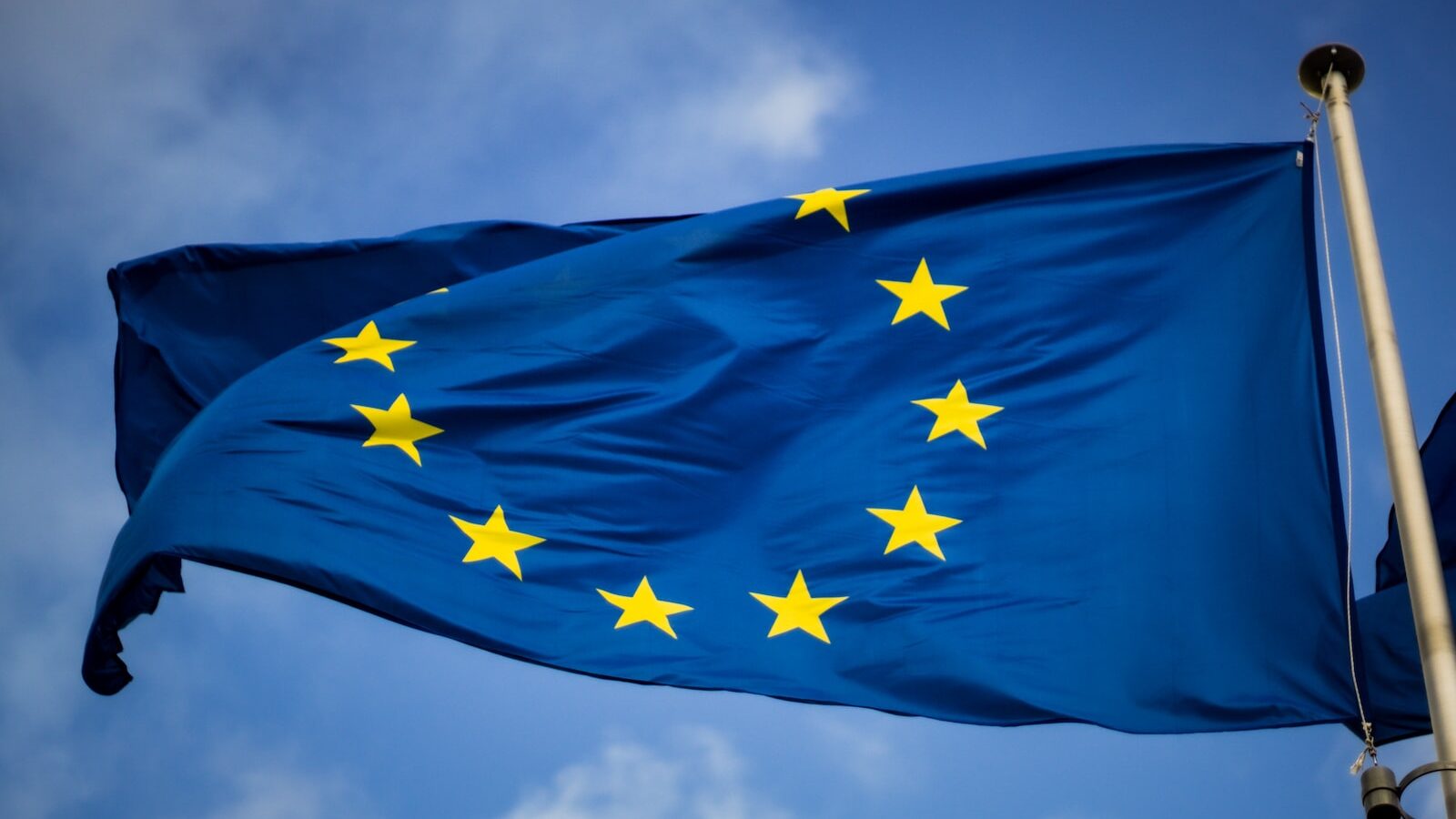

In this VACCELERATE webinar, Heidi Larson will present the key findings of the State of Vaccine Confidence in the EU report, 2022.

An interactive dashboard showcasing data gathered across two waves of quantitative research (Jan-2022 and Aug-2022) conducted as part of the Africa Centres for Disease Control and Prevention Working Group Project.
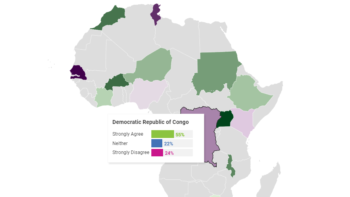
These reports visualise findings from surveys fielded across 7 African countries in August 2022.

This multisite research was designed to harness the power of social media to increase vaccination confidence and uptake in Thailand, Hong Kong, Singapore, and Japan.
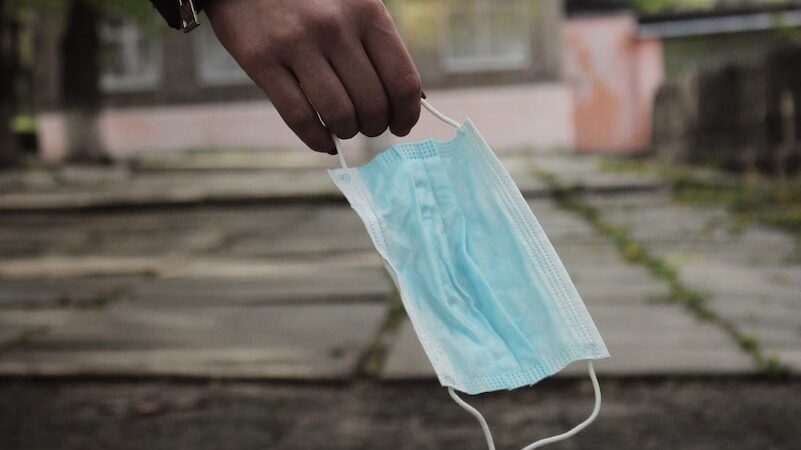
Our third study of COVID-19 vaccine hesitancy among 23,000 respondents in 23 countries, surveyed from 29 June to 10 July 2022 found willingness to accept vaccination at 79.1%, up 5.2% from June 2021.

This research aims to develop and evaluate a suite of feasible interventions based on artificial intelligence technologies checking extensions, real-time dashboards, and chatbots – that improve the ability to debunk misinformation, boost self-efficacy in the vaccination decision-making process.
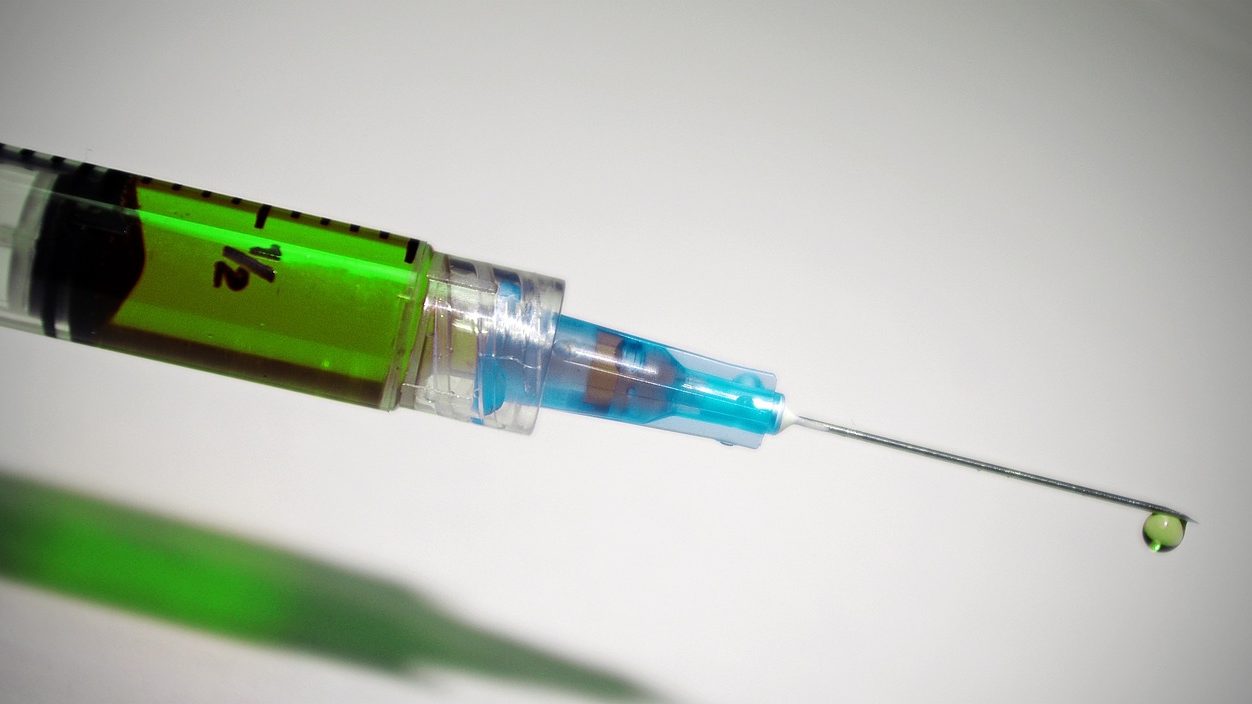
In this large-scale multi-country study, we explored intent to accept a COVID-19 vaccine and the socio-demographic and emotional determinants of uptake for 17 countries.

This research applies communication and behavioural theories to comprehensively assess confidence in and acceptance of HPV vaccines in Japan, Korea, and China amongst people who have not received the vaccine, in order to develop effective digital communication strategies to increase uptake.
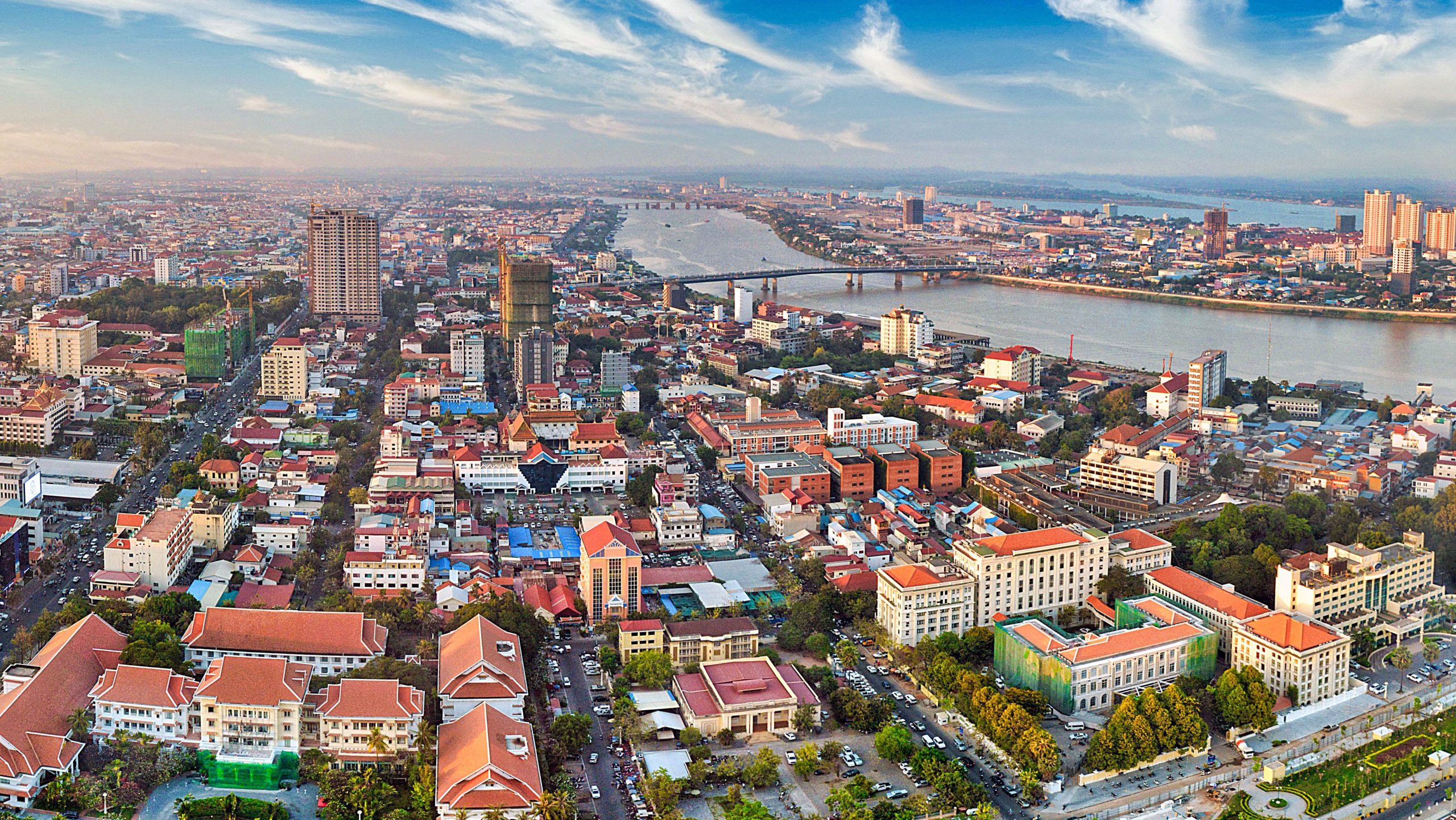
To identify knowledge gaps, beliefs and attitudes in relation to the COVID-19 pandemic and COVID-19 vaccine acceptance among adults in the Asia-Pacific region, the Vaccine Confidence Project conducted two waves of quantitative research in 2021 and 2022.

The IRIS Academic Research Group was founded by some of the world’s leading researchers and academic institutions and launched in June 2021 at the inaugural Global Vaccine Confidence Summit as part of the UK government’s G7 Presidency.

Overview Human Papillomavirus (HPV) is the fourth biggest cause of mortality amongst women in Brazil according to the Pan American Health Organisation (PAHO) but COVID-19…

A mixed-methods approach was used including an online survey in 15 countries which aimed to determine drivers of HCPs vaccine confidence and examine how these drivers vary across nations.